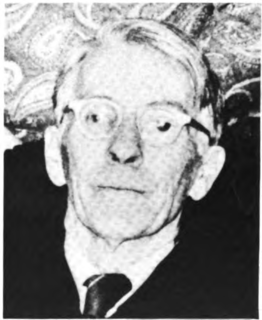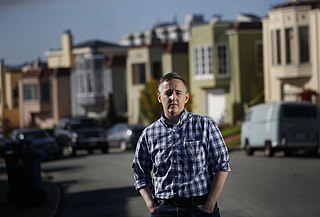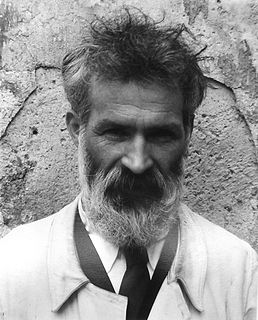A Quote by Henry Moore
All the arts are based on the senses. What they do for the person who practices them, and also the persons interested in them, is make that particular sense more active and more acute.
Related Quotes
It [The Gesundheit Institute] also won't separate the healing arts. All of them work together - traditional medicine and surgery with acupuncture, homeopathy, etc. We want to make the hospital a place a person can't wait to come to, whether they are working there or being there as a patient. Because we are interested in promoting wellness, we will integrate medicine with performing arts, arts and crafts, agriculture, recreation, nature, and social service. Those are some skeletal parts.
The best way to establish rapport with people and to win them over to your side is to be truly interested in them, to listen with the intention of really learning about them. When the person feels that you are really interested in getting to know them and their feelings, they will open up to you and share their true feelings with you much more quickly.
Of course the more you love the sinner the more you hate and make war on the sin, just as the more you love the person, the more you hate and kill the cancer cells that are killing the person. Compassion for cancer cells does not come from compassion for persons; it comes precisely from lack of compassion for persons.
The narrative fallacy addresses our limited ability to look at sequences of facts without weaving an explanation into them, or, equivalently, forcing a logical link, an arrow of relationship, upon them. Explanations bind facts together. They make them all the more easily remembered; they help them make more sense. Where this propensity can go wrong is when it increases our impression of understanding.
Ours is the only religion that does not depend on a person or persons; it is based upon principles. At the same time there is room for millions of persons. There is ample ground for introducing persons, but each one of them must be an illustration of the principles. We must not forget that. These principles of our religion are all safe, and it should be the life-work of everyone of us to keep then safe, and to keep them free from the accumulating dirt and dust of ages.
I have always been interested in crafting films that use long, static urban landscape shots as a way of manipulating the emotions of the viewer and forcing them to slow down, which I think simultaneously makes them more vulnerable as spectators, and also puts them in a position of being more than just spectators.
I don't know why in this country we coddle corporate criminals, war criminals, and racists. People walk on eggshells around them, and yet they will say a word like "liberal" as if it's pejorative. Or somebody who wants unions or reproductive justice, they will treat them like there's something wrong with that person. Does that make sense? People seem to be more frightened of upsetting a war criminal or a racist and more willing to disparage a very nice guy like Dennis Kucinich. Does that make sense?







































